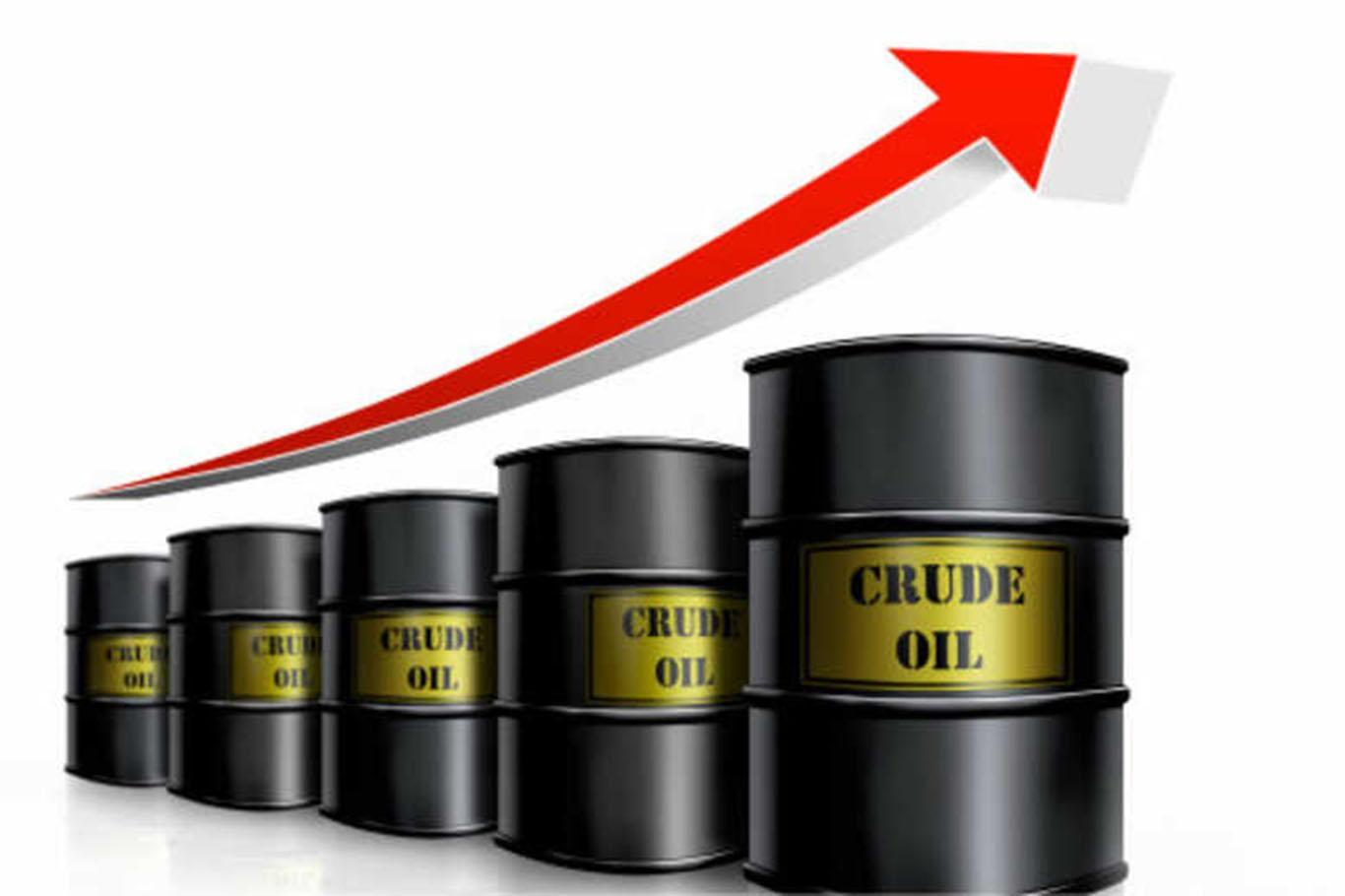Oil prices rise after Iran attacks on US bases


Oil prices have risen after Iran hit two bases hosting US troops by ballistic missiles.
Brent crude was up by 1.4% at $69.21 per barrel in the middle of the Asian trade after Iran launched a rocket attack on American forces in Iraq.
The latest escalation has sparked fears of a widening conflict in the Middle East, with energy market participants increasingly concerned the fallout could soon disrupt regional crude supplies.
That could disrupt shipping in the world's busiest sea route for oil, the Strait of Hormuz. Around a fifth of global oil supply passes through the strait, which connects the Gulf with the Arabian Sea.
The Strait of Hormuz is very important for the main oil exporters in the Gulf region whose economies are depended on oil and gas production. Iran uses mainly this route for its oil exports.
The Persian Gulf Region – Bahrain, Iran, Iraq, Kuwait, Oman, Qatar, Saudi Arabia, and United Arab Emirates (UAE) – is the most important single geographical zone in the world. 50% of the world’s oil reserves are located in the region. With 22% of the world’s proven reserves Saudi Arabia is typically considered the most important actor in global oil markets. However, Iran and Iraq also account for significant reserves – circa 13% and 12% respectively. (ILKHA)
LEGAL WARNING: All rights of the published news, photos and videos are reserved by İlke Haber Ajansı Basın Yayın San. Trade A.Ş. Under no circumstances can all or part of the news, photos and videos be used without a written contract or subscription.
Türkiye's Minister of Treasury and Finance, Mehmet Şimşek, provided an update on the Central Bank's January Sectoral Inflation Expectations through a social media post on Tuesday.
The Turkish Statistical Institute has reported an encouraging increase in confidence levels across the services, retail trade, and construction sectors for January, reflecting improved economic sentiment compared to the previous month.
In a testament to its robust recovery and strategic importance in European aviation, Istanbul Airport has once again topped the list as Europe's busiest air hub for the third consecutive year.
The Monetary Policy Committee of the Turkish Central Bank announced a reduction in the one-week repo auction rate from 47.5% to 45%.